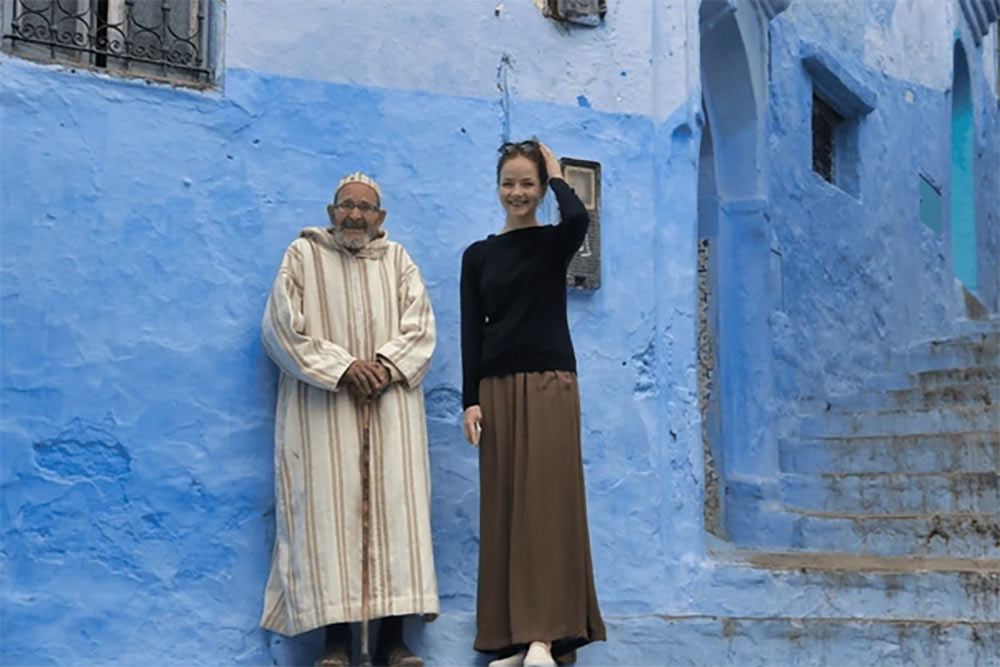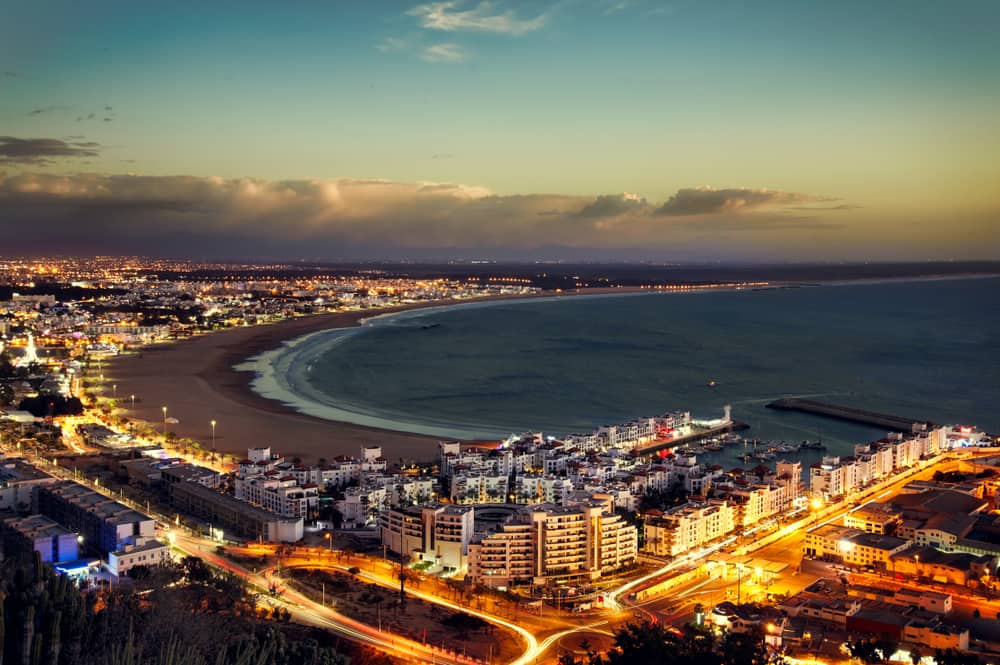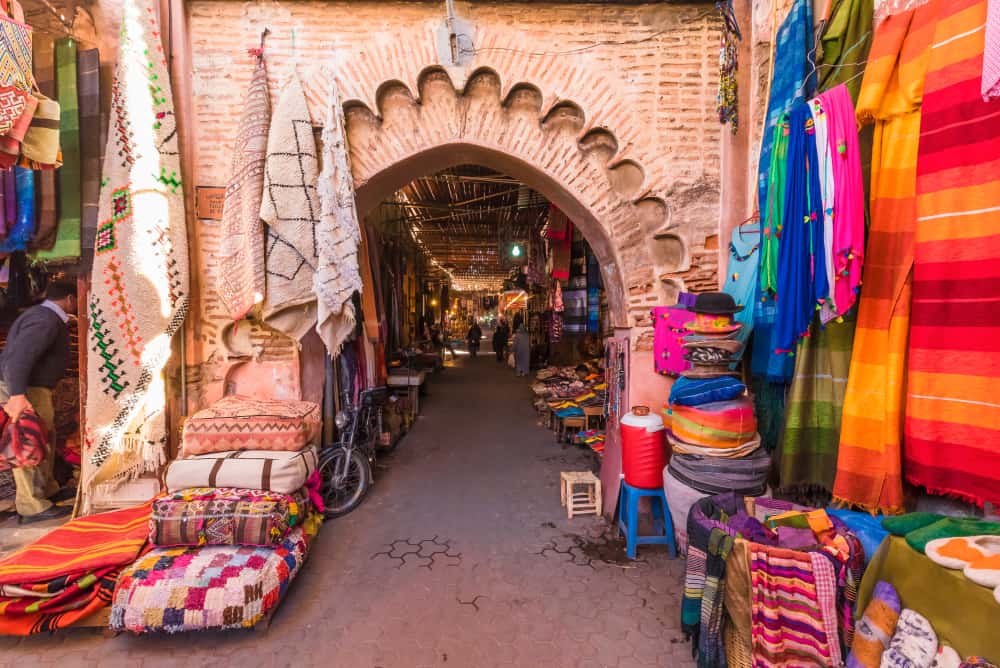Welcome to our series of interviews with locals in Morocco! In this series, we will share personal stories and cultural insights from people living in Morocco. You will learn about their lives, traditions, and perspectives.
Morocco is a country full of vibrant culture and rich history. Each local has unique experiences and stories to tell. By listening to them, you will understand Moroccan life better. You will see how they celebrate their customs and deal with challenges.
Our goal is to bring you closer to the heart of Moroccan culture. Through these stories, you will explore the beauty and diversity of this amazing country. You will also learn about the values and beliefs that shape their daily lives.
Meet the Locals

To truly understand Morocco, it’s essential to meet the people who live there. In this section, we will introduce you to some remarkable individuals who call Morocco home. Their stories offer a window into this beautiful country’s diverse experiences and rich cultural heritage.
In this section, we will introduce you to some wonderful people living in Morocco. Each person has a unique story to tell. They come from different backgrounds and have different jobs. By learning about their lives, you will see the diversity and richness of Moroccan culture.
Our first interviewee is Fatima, a school teacher in Marrakech. She loves teaching children and sharing her knowledge. Fatima’s day starts early, preparing lessons for her students. She believes education is the key to a better future. Despite challenges, she stays positive and enjoys her work. Fatima also shares stories about her family, their traditions, and how they celebrate holidays. For example, during Eid, her family gathers for a big feast, sharing traditional dishes and wearing colorful clothes. She also talks about the importance of community and how neighbors help each other in times of need.
Next, we have Ahmed, a farmer in the Atlas Mountains. Ahmed wakes up at dawn to tend to his crops and animals. Farming is hard work, but he finds joy in living close to nature. He talks about the importance of agriculture in Morocco and how he uses traditional methods passed down from his ancestors. Ahmed’s family has been farming for generations, and he feels a strong connection to the land. During the harvest season, his entire family works together to gather crops, celebrating with music and dancing at the end of the day. Ahmed also discusses the challenges of modern farming, such as dealing with weather changes and finding markets for his produce.
Cultural Insights
Culture in Morocco is vibrant and multifaceted, with traditions that have been passed down through generations. By exploring these cultural insights, you will gain a deeper appreciation for the values and practices that shape the daily lives of Moroccans.
Traditions and Customs
Morocco is a land of rich traditions and customs. One important tradition is the celebration of Ramadan. During this holy month, Muslims fast from sunrise to sunset. Families come together for iftar, the meal that breaks the fast. Our interviewees describe how they prepare special foods like harira, a traditional soup, and dates. They also talk about the nightly prayers and the sense of community that grows during this time.
Another fascinating custom is the Moroccan wedding. Fatima shares stories of her sister’s wedding, a grand event that lasted for three days. The bride wore a beautiful caftan, and there was lots of singing, dancing, and feasting. Ahmed also talks about traditional Berber weddings in the mountains, where ceremonies include unique rituals like henna painting and exchanging gifts.
Local Perspectives on Culture
Our interviewees provide deep insights into how they view their culture. Fatima explains the significance of hospitality in Moroccan society. Guests are always welcomed with tea and sweets, and it’s considered an honor to host visitors. She shares stories of hosting travelers from different parts of the world, exchanging stories, and learning about different cultures.
Ahmed discusses the value of storytelling in preserving history and traditions. In the evenings, villagers gather around the fire to listen to elders share tales of ancient heroes and myths. These stories are more than just entertainment; they teach lessons and keep the cultural heritage alive. Ahmed believes that by sharing these stories, they pass down wisdom and strengthen their community bonds.
Local Perspectives on Current Events

Understanding the perspectives of locals on current events provides valuable context to the challenges and changes in Morocco today. In this section, we discuss social issues and community changes as seen through the eyes of our interviewees. Their views shed light on the evolving landscape of Moroccan society.
Social Issues
In Morocco, like many places, social issues affect daily life. Our interviewees speak about some of these challenges. Fatima talks about education and the need for better resources in schools. She highlights the efforts made by teachers to provide quality education despite limited supplies. She also discusses the role of women in Moroccan society, emphasizing the progress made towards gender equality but also recognizing the work still needed.
Ahmed shares his concerns about the environment. He speaks about the impact of climate change on farming, with unpredictable weather patterns making it harder to grow crops. Ahmed also mentions water scarcity as a major issue, affecting both agriculture and daily living. He describes community efforts to conserve water and adapt to these changes, such as using ancient irrigation techniques and planting drought-resistant crops.
Community Changes
Both Fatima and Ahmed notice changes in their communities. Fatima observes that cities are becoming more modern, with new buildings and technology. However, she worries that this rapid development might erode traditional values. She stresses the importance of balancing modernization with cultural preservation, ensuring that future generations remember their roots.
Ahmed notes that rural areas are also changing. Many young people leave the villages to seek opportunities in the cities. While this can bring economic benefits, it also means fewer people to carry on farming traditions. Ahmed is hopeful, though, as he sees a growing interest in sustainable farming and eco-tourism, which helps keep rural communities vibrant and connected to their heritage.
Broader Cultural Context
Moroccan culture is influenced by a blend of historical and global factors. In this section, we explore the broader cultural context that shapes life in Morocco. From historical influences to modern-day tourism, these elements contribute to the rich tapestry of Moroccan culture.
Macro Context of Moroccan Culture
Moroccan culture is influenced by a mix of historical events and global interactions. The country’s history of trade with Europe and the Middle East has brought diverse influences to its art, cuisine, and architecture. Fatima explains how the historical medinas, with their narrow streets and vibrant markets, reflect this rich cultural tapestry. Visitors to Morocco can see Spanish, French, and Arab influences in the buildings and food.
Tourism plays a big role in Morocco’s economy and cultural exchange. Ahmed talks about how tourists come to experience the unique Moroccan lifestyle, from the bustling souks to the serene desert landscapes. While tourism brings economic benefits, it also poses challenges in preserving the authenticity of cultural sites and practices. Locals strive to balance welcoming visitors while maintaining their traditions.
Micro Context of Local Life
Local life in Morocco varies greatly between urban and rural areas. In cities like Marrakech and Casablanca, life is fast-paced and modern. People are constantly on the move, balancing work, family, and social activities. Fatima describes the excitement of city life, with its opportunities and challenges. She enjoys the blend of old and new, where ancient palaces stand next to modern cafes.
In contrast, rural life in places like the Atlas Mountains is more traditional and closely tied to nature. Ahmed shares his love for the peacefulness of the countryside. Daily life revolves around farming, family, and community gatherings. He talks about the strong sense of community, where neighbors support each other and share resources. This close-knit lifestyle fosters deep connections and a slower pace of life, allowing people to appreciate the simple joys.
Connecting Personal Stories with Cultural Insights

Personal stories are powerful ways to understand culture. In this section, we connect the narratives of our interviewees with broader cultural values and insights. By linking their experiences to cultural themes, we highlight the essence of Moroccan life and the lessons it offers.
Stories Reflecting Cultural Values
The personal stories of our interviewees highlight important cultural values. Fatima’s dedication to education and her role in the community show the value Moroccans place on knowledge and learning. Her stories of helping students and organizing community events demonstrate the importance of cooperation and mutual support.
Ahmed’s experiences as a farmer illustrate the deep respect for nature and tradition in Moroccan culture. His tales of working the land and celebrating the harvest reflect a connection to the earth and a reverence for the wisdom of past generations. These stories emphasize the importance of sustainability and honoring one’s heritage.
Insights Gained from Local Narratives
From these interviews, we gain valuable insights into Moroccan culture. We learn about the resilience and creativity of its people. Fatima and Ahmed’s stories show how Moroccans navigate the challenges of modern life while preserving their traditions. Their perspectives highlight the balance between progress and tradition, illustrating how culture evolves yet remains rooted in core values.
Conclusion
Through Fatima and Ahmed’s experiences, we have gained a deeper understanding of Moroccan culture. We have seen the importance of education, community, and tradition in shaping their lives. These stories offer a glimpse into Morocco’s heart, revealing its people’s beauty and diversity.
We encourage you to continue exploring these interviews and learning more about Moroccan culture. Each story provides a unique perspective, adding to the rich tapestry of Moroccan life. By connecting with these narratives, you will discover the true essence of this fascinating country.
